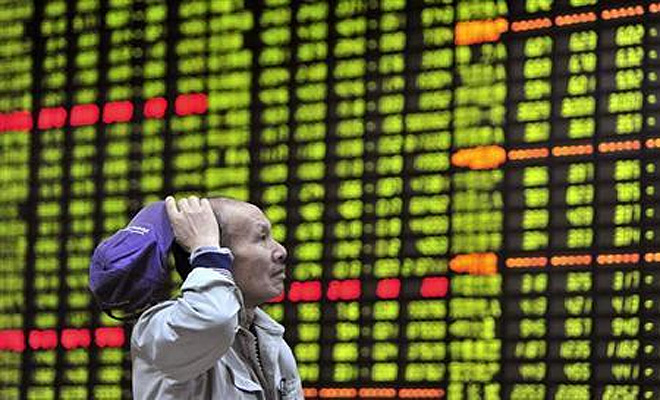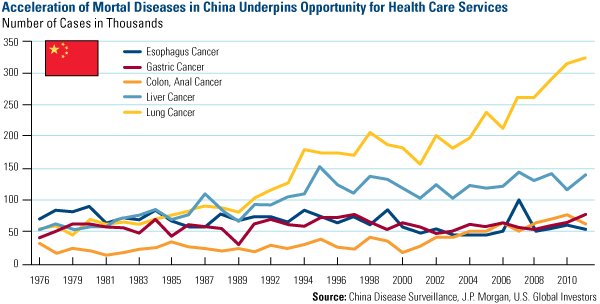Emerging Markets Radar (January 27, 2014)
Strengths
- China’s GDP expanded by 7.7 percent year-over-year in the fourth quarter and for the full year 2013, slightly ahead of market expectations as well as the government target. The growth rate was realized upon a base more than 300 percent larger than a decade earlier.
- Hungary’s economic-sentiment index rose to the highest in more than 11 years in January as consumers became more optimistic. As the cheaper utility prices help subdue inflation, the central bank this week lowered the benchmark interest rate to a record 2.85 percent and signaled further easing to bolster expansion.
- German company C.A.T. Oil won a three-year, 281 million euro contract in Russia for sidetrack drilling services. The contract will utilize 70 percent of the company’s sidetrack drilling capacity.
Weaknesses
- A preliminary reading of China’s flash PMI in January fell below 50 for the first time since May 2013, to 49.6 from 50.5 in December. This number reflects a tighter monetary environment, especially for smaller, private companies as well as collateral effects from ongoing anti-corruption and pollution control measures in the country.
- Croatia’s credit rating was cut one notch by Standard & Poor’s to B, two levels below investment grade. This is on signs that the government is failing to narrow the budget deficit. The Croatian economy faces a sixth-straight year of recession.
- Kazakh competition agency charged Kcell 10 billion tenge for “service without consent.” The case will be heard at the Almaty special administrative court, per the agency’s filing.
Opportunities
- Hungarian pharmaceutical company Gedeon Richter, together with Forest Labs, is to submit additional documentation to the Food and Drug Administration (FDA) for its cariprazine drug. The companies are confident the drug will receive FDA approval.
- Lukoil’s Caspian oil fields gained tax breaks to spur offshore development, Deputy Prime Minister Arkady Dvorkovich said in Davos. Offshore development had been previously limited to Russian state-owned companies only.
- Worsening pollution of air and water, along with increasingly unhealthy lifestyles, have made the aging Chinese population more susceptible to mortal diseases over time. In October, the State Council announced its goal to expand the size of China’s health care services industry to over RMB 8 trillion by 2020 from RMB 1.25 trillion in 2011, which implies a compound annual growth rate of 23 percent. Industry leaders with competitive product offerings and strong sales networks should benefit from favorable reform policies towards health care.
Threats
- Recent market concerns over the potential default of a $496 million trust product, distributed by the largest state-owned bank in China, may weigh on investor sentiment in the near term. Specifically towards interest rate sensitive sectors such as financials and property.
- Gazprom and the European Union clashed over gas pricing in anti-trust talks this week. The contractual link to crude oil prices has Europeans paying Gazprom double North American gas prices.
- A potential surge in initial public offerings in the retail sector could lure away investors in the best-performing Russian retail stocks. Companies preparing to list include Detsky Mir, a children’s store chain, shoe-seller Obuv Rossii, and the Russian unit of Germany’s Metro AG.













